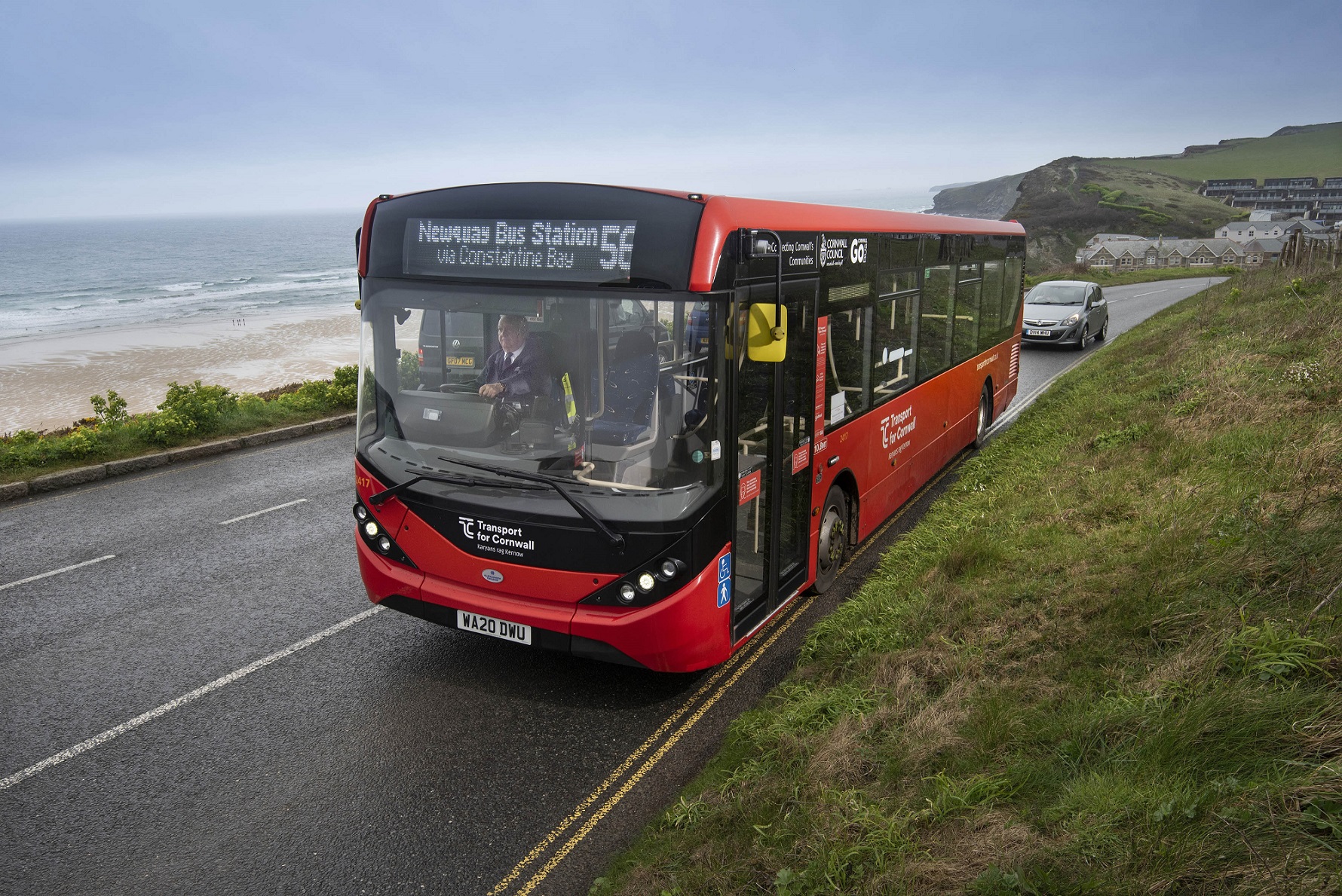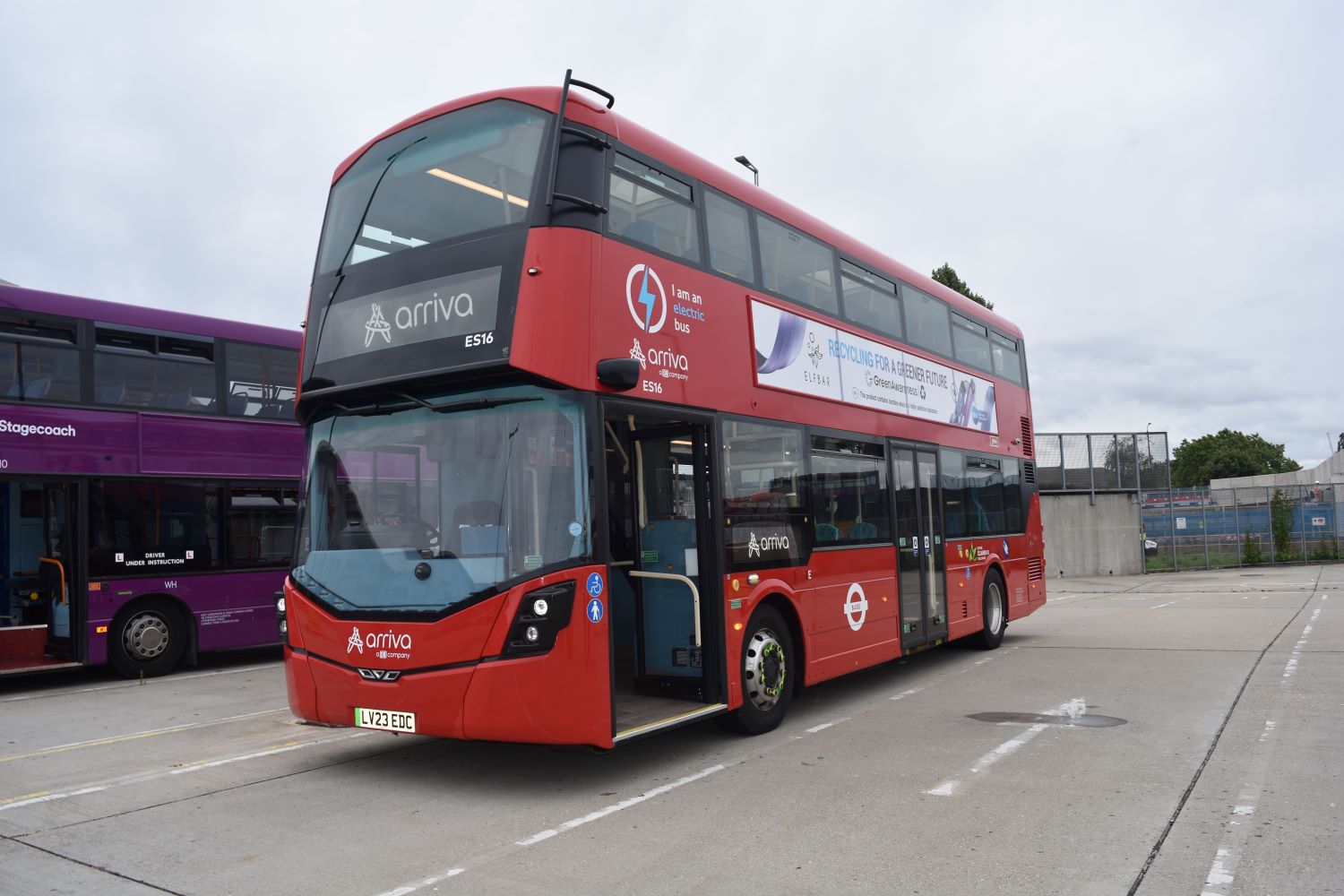Westminster may be recognising the challenges for non-urban services when it comes to decarbonisation, writes Confederation of Passenger Transport Director of Policy Alison Edwards
It was pleasing to see the latest round of funding for zero-emission buses announced upon Parliament’s return from the summer recess, with the Transport Secretary confirming £129 million of Zero Emission Bus Regional Areas (ZEBRA) funding is now open for bids from local transport authorities.
Equally encouraging is that the Department for Transport has taken note of the Confederation of Passenger Transport’s (CPT) feedback on previous rounds and assures us the application process is now more straightforward. Resultantly, the pace of progress, from bid application through to getting buses on the road, should be quicker. We will be keeping a watchful eye to ensure this is the reality.
The scheme is, once again, only open for local authorities to bid for — although, as before, they will need to work closely with their bus operators on their application.
Another change to the scheme is the prioritisation of rural areas, with those regions that have not received previous ZEBRA funding next in line. CPT has long explained to the government the added complexity in transitioning to zero-emission vehicles in rural areas. This goes beyond simply accessing ZEBRA funding and includes obstacles such as leased and/or very small depots, long distances from a good grid connection, and a duty cycle that exceeds the range of the most readily available zero-emission vehicles.
That is why CPT has established a Rural Zero-Emission Bus Taskforce which brings together a wide range of stakeholders — including bus operators with experience in delivering rural services and/or zero-emission fleets, infrastructure suppliers, energy providers, and local and national government representatives — to look at how we can work together to overcome these challenges. The Taskforce aims to report on its findings in the new year.
This latest round of funding is a positive step towards the industry’s long-term aim to move to a fully zero-emission fleet. But it will only get us so far. Ultimately, what is needed across the country, whether in rural or urban areas, is a fully funded, stable and long-term roadmap for the transition to zero-emission buses. This will give the certainty that manufacturers need to ramp up production, as well as bus operators and local authorities the required confidence to make decisions over long-term investments. As part of this, we need clarity over what end-of-sale date on diesel vehicles will be set by the government.
As always, when we talk about moving to a zero-emission fleet, we must keep reminding both government and the public that, regardless of engine type, coaches and buses are already incredibly sustainable modes of transport. The most powerful thing we can do to meet the country’s net-zero carbon goals is to encourage people to switch their car journeys to coaches and buses.
If you would like to join CPT’s Rural Zero-Emission Bus Taskforce or find out more, contact CPT’s Policy Manager Becki Kite: Rebecca.kite@cpt-uk.org



























